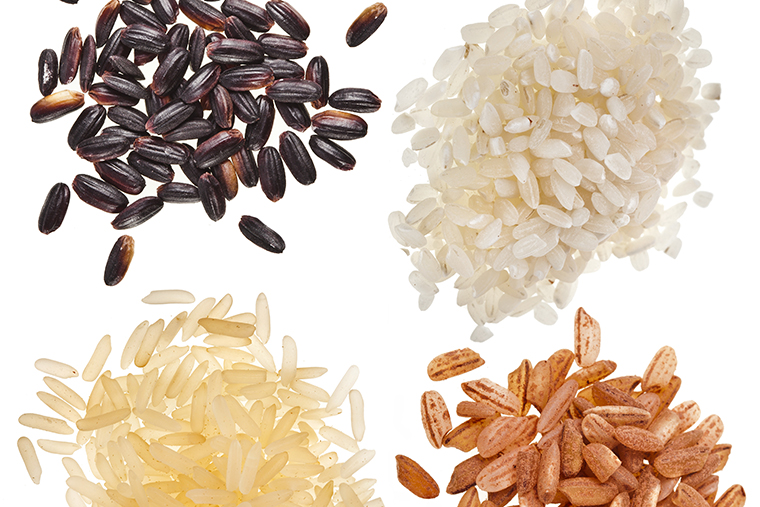Images speak @ the ongoing three days PVS Strategic Planning Workshop for Nigeria, held in Abuja See more images below.
Foodfarmnewstv
FADAMA 111 PROJECT ADDITIONAL FINANCING
Bestchange
Search This Blog
Labels
- News (459)
- Images speak (42)
- Press Release (39)
- livestock (31)
- FACAN (29)
- Editorial (25)
- GM (20)
- Seed (20)
- Biotechnology (19)
- wheat (16)
- Research (15)
- Cassava (14)
- AFAN (13)
- Global news (12)
- Special Report (12)
- Rice (11)
- Image Speaks (9)
- Maize (9)
- Soil (9)
- Yam (8)
- Bt cowpea (7)
- Coconut (7)
- Fertilizer (7)
- Cocoa (6)
- Disease (6)
- Ginger (6)
- Potato (6)
- World Soil Day (6)
- Animals (5)
- Apple (5)
- Oil Palm (5)
- Tomatoe (5)
- new (5)
- Cashew (4)
- Climate change (4)
- Fish (4)
- NCARD (4)
- Organic agric (4)
- World Food Day (4)
- Interview (3)
- National Council meeting on Agriculture. (3)
- Plant & genes (3)
- Plant genes (3)
- Project (3)
- Sesame (3)
- Shea butter (3)
- AI Research on Agriculture (2)
- Achia (2)
- African Cherry (2)
- Communique (2)
- Cotton (2)
- Extension services (2)
- Gene editing (2)
- HAPPY NEW YEAR (2)
- Horticulture (2)
- Insurance (2)
- Kenaf (2)
- Opinion (2)
- Sorghum (2)
- Sunflower (2)
- Tomato (2)
- Turmeric (2)
- bt cotton (2)
- seasons greetings (2)
- Artemesia (1)
- Biodiversity (1)
- Birds (1)
- Carrot (1)
- Discovery (1)
- Donkey (1)
- Facts sheets (1)
- Flash Flood (1)
- GES (1)
- GMO Rice (1)
- Garlic (1)
- Genetic (1)
- Groundnut (1)
- Jute bag (1)
- Locust bean (1)
- MERRY XMAS (1)
- Machinery (1)
- Mango (1)
- Milk (1)
- Okra (1)
- Post-harvest losses/ Food Waste (1)
- Presentation (1)
- Seaweed (1)
- Senate (1)
- Soybean (1)
- Tumeria (1)
- Walnut (1)
- flood (1)
- fruits (1)
- millet (1)
- water (1)
Total Pageviews
SPONSORED

Nigerian Institute of Soil Science- NISS
Translate Food Farm News to Hausa, Igbo, Yoruba and over 100 Languages
Latest News
Wednesday, 11 March 2020
Images speak @ the ongoing three days PVS Strategic Planning Workshop for Nigeria, held in Abuja
Images speak @ the ongoing three days PVS Strategic Planning Workshop for Nigeria, held in Abuja See more images below.
Tuesday, 10 March 2020
Consumers may be wasting more than twice as much food as commonly believed
 Consumers are likely wasting much more food than commonly believed, according to a study published February 12, 2020 in the open-access journal PLOS ONE by Monika van den Bos Verma and colleagues from Wageningen University and Research, The Netherlands.
Consumers are likely wasting much more food than commonly believed, according to a study published February 12, 2020 in the open-access journal PLOS ONE by Monika van den Bos Verma and colleagues from Wageningen University and Research, The Netherlands.Monday, 9 March 2020
Earth formed much faster than previously thought, new study shows

The precursor of our planet, the proto-Earth, formed within a time span of approximately five million years, shows a new study from the Centre for Star and Planet Formation (StarPlan) at the Globe Institute at the University of Copenhagen.
Saturday, 7 March 2020
Discovery at 'flower burial' site could unravel mystery of Neanderthal death rites
 The first articulated Neanderthal skeleton to come out of the ground for over 20 years has been unearthed at one of the most important sites of mid-20th century archaeology: Shanidar Cave, in the foothills of Iraqi Kurdistan.
The first articulated Neanderthal skeleton to come out of the ground for over 20 years has been unearthed at one of the most important sites of mid-20th century archaeology: Shanidar Cave, in the foothills of Iraqi Kurdistan.Friday, 6 March 2020
Pix @ 2 Day 4th Cassava Cottage Processing & Marketing Association (CACOPMA ) AGM meeting just concluded today 6th March at IAR&I Ibadan.
Pix @ 2 Day 4th Cassava Cottage Processing & Marketing Association (CACOPMA ) AGM meeting just concluded today 6th March at IAR&I Ibadan. see more images below..
Boost soybean yields by adapting photosynthesis to fleeting shadows, according to model
 Komorebi is a Japanese word that describes how light filters through leaves -- creating shifting, dappled "sunflecks" that illustrate plants' ever-changing light environment.
Komorebi is a Japanese word that describes how light filters through leaves -- creating shifting, dappled "sunflecks" that illustrate plants' ever-changing light environment. Thursday, 5 March 2020
Insect bites and warmer climate means double-trouble for plants

Recent models are telling us that, as our climate warms up, herbivores and pests will cause increased damage to agricultural crops. One study predicted that crop yield lost to insects increases 10 to 25 percent for every 1 degree Celsius increase.
Wednesday, 4 March 2020
Grain traits traced to 'dark matter' of rice genome
 Domesticated rice has fatter seed grains with higher starch content than its wild rice relatives -- the result of many generations of preferential seed sorting and sowing. But even though rice was the first crop to be fully sequenced, scientists have only documented a few of the genetic changes that made rice into a staple food for more than half the world's population.
Domesticated rice has fatter seed grains with higher starch content than its wild rice relatives -- the result of many generations of preferential seed sorting and sowing. But even though rice was the first crop to be fully sequenced, scientists have only documented a few of the genetic changes that made rice into a staple food for more than half the world's population.IAR will soon release Nigerian GMO maize
The preparation to mitigate shortage of maize supply in the
country is under way as Institute for Agricultural Research (IAR) will soon
release a genetically modified maize variety that is fall army worm and stem
borer resistant, with high yield
potential for commercialization.
Tuesday, 3 March 2020
5200-year-old grains in the eastern Altai Mountains redate trans-Eurasian crop exchange
 Most people are familiar with the historical Silk Road, but fewer people realize that the exchange of items, ideas, technology, and human genes through the mountain valleys of Central Asia started almost three millennia before organized trade networks formed.
Most people are familiar with the historical Silk Road, but fewer people realize that the exchange of items, ideas, technology, and human genes through the mountain valleys of Central Asia started almost three millennia before organized trade networks formed.
Subscribe to:
Posts (Atom)







